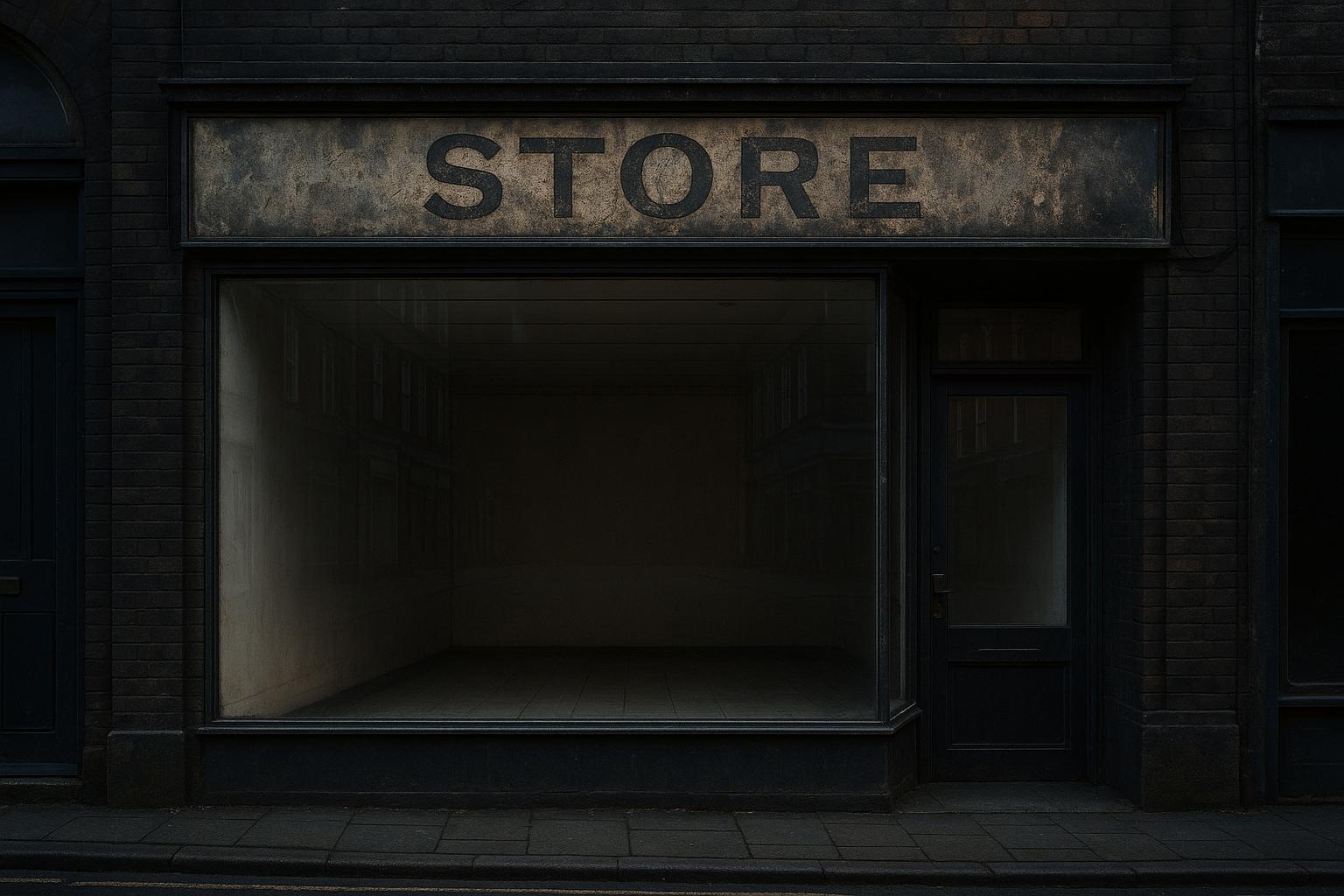The UK High Street is experiencing its most prolonged downturn in retail sales for over 16 years, with sales declining for the twelfth consecutive month, signalling serious challenges ahead of the forthcoming autumn Budget. A recent report by the Confederation of British Industry (CBI) highlights this sustained slump, marking the longest sequence of falling sales since the 2009 financial crisis. This persistent decline reflects mounting pressures on retailers, attributed largely to inflationary forces and rising business costs, alongside subdued consumer confidence.
Retailers remain unsettled by economic headwinds following last year’s hikes in National Insurance Contributions and the minimum wage, compounded by fears over potential increases in business rates. Shirine Khoury-Haq, chief executive of the Co-operative Group, emphasised the ongoing "cost-of-living crisis," noting that consumer sentiment remains dampened and shoppers are increasingly price sensitive amid intense competition. The gloom is echoed in the experiences of major retail groups—Mitchell & Butlers anticipates a £130 million hit by 2026 due to inflationary impacts, particularly in London, while DFS reports subdued demand despite some positive signs in the housing market. Similarly, shares in Marks Electrical plunged over 16% as discretionary spending faltered, and Starbucks is reportedly consulting on closing some outlets even as it plans expansion elsewhere. Barclays has underscored the broader implications, warning that small and medium-sized enterprises (SMEs) lack the confidence to invest, potentially holding back as much as £60 billion in economic growth if this hesitancy persists.
The economic backdrop is complex. Official Office for National Statistics data showed a small retail sales increase of 0.5% in August 2025, beating expectations and boosted by favourable weather and stronger footfall in food and clothing sectors. However, this was tempered by a downward revision to July’s growth and a slight contraction in the three months leading to August, largely due to weak tech and fuel sales. Notwithstanding the short-term uptick, consumer confidence has deteriorated sharply in September, influenced by inflation fears and anticipated tax rises in the upcoming Budget. According to CBI economist Martin Sartorius, the retail sector is caught in a bind: while some performance metrics appear resilient, the overall economic environment and rising costs continue to suppress demand.
Indeed, the financial strain on retailers is significant. Between 2023 and early 2025, key players such as Superdry faced dramatic losses, with the brand reporting a £148 million loss in 2023 amid challenging market conditions and consumer restraint. This culminated in major restructuring, cost-cutting, and a rebranding effort in 2025 under the name Superdry & Co. More broadly, the British Retail Consortium reported that shop prices saw notable deflation in late 2024, but warned that rising costs for employment, business rates, and new levies could drive prices—and potentially job losses—up this year. Retailers targeting lower-income consumers, including Primark, have revised down their sales growth forecasts for 2025, citing weak Christmas trading and cautious consumer spending, illustrating the fragility of demand across income segments.
With the Budget scheduled for November 26, many retail leaders are urging caution. They warn that further fiscal tightening would exacerbate current struggles. Lord Wolfson of Next and other industry voices have specifically criticised the proposed Employment Rights Bill, contending that it threatens flexibility in hiring, particularly for part-time and seasonal roles essential to retail operations. Barclays’ analysis highlights that small firms’ investment could substantially revitalise the economy if business confidence and fiscal conditions improve, underlining the potential cost of sustained uncertainty.
In summary, the UK High Street is navigating an unusually prolonged downturn marked by reduced consumer spending, rising operational costs, and an uncertain policy environment. Against a mixed economic backdrop of sporadic sales growth and sharp drops, retailers face a precarious balancing act. The sector’s performance leading up to the autumn Budget underscores a plea for measured government intervention aimed at stabilising business confidence and supporting consumer spending, without adding further burdens that could deepen the retail malaise.
📌 Reference Map:
- Paragraph 1 – [1], [2]
- Paragraph 2 – [1], [2], [6]
- Paragraph 3 – [3], [2], [6]
- Paragraph 4 – [7], [5], [6]
- Paragraph 5 – [1], [2], [7]
- Paragraph 6 – [1], [2], [4]
Source: Noah Wire Services
